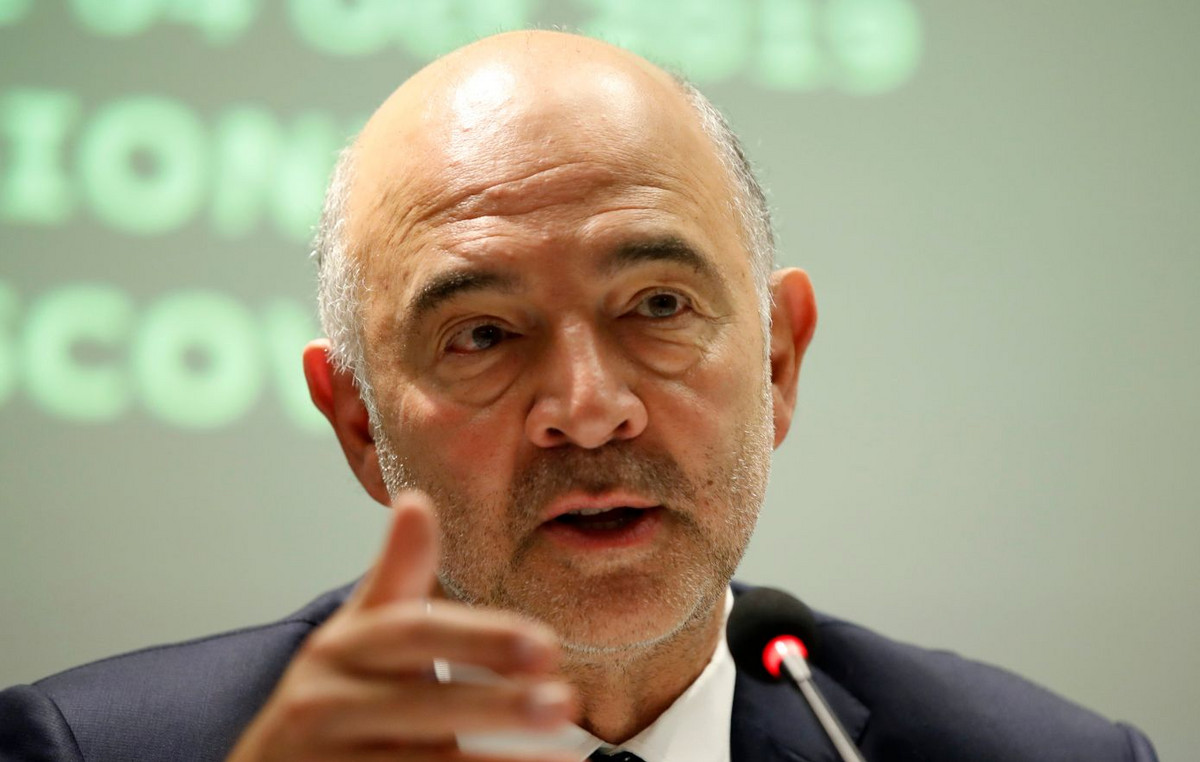The World Health Organization on Wednesday (14) declared the ongoing mpox outbreak in Africa a global health emergency.
The WHO convened its emergency committee on measles over concerns that a more deadly strain of the virus, clade Ib, had reached four previously unaffected provinces in Africa. The strain had already been contained in the Democratic Republic of Congo.
Independent experts from the committee met virtually on Wednesday to advise WHO Director-General Tedros Adhanom Ghebreyesus on the severity of the outbreak. Following their consultation, he announced that he had declared a public health emergency of international concern – the highest level of alarm under international health law.
Also known as PHEIC, this is a status assigned by the WHO to “extraordinary events” that pose a risk to public health in other countries through the international spread of disease. These outbreaks may require a coordinated international response, according to the organization.
The Africa Centres for Disease Control and Prevention declared the outbreak a continental public health emergency of security the day before – the first such declaration by the agency since its creation in 2017.
Since the start of this year, more than 17,000 cases and more than 500 deaths have been reported in 13 African countries, according to the Africa Centres for Disease Control and Prevention, which classifies the outbreak as a “very high risk event”. The highest number of cases – more than 14,000 – have been in the Democratic Republic of Congo, which has reported 96% of confirmed cases this month.
Mpox, formerly known as monkeypox, is a viral disease that can spread easily between infected people and animals. It can spread through close contact, such as touching, kissing or sex, as well as through contaminated materials such as bedding, clothing and needles, according to the WHO. Symptoms include fever, painful rash, headache, muscle and back pain, low energy and enlarged lymph nodes.
For decades, the disease was mainly detected in Central and West Africa, but it also began to spread to Europe and North America in 2022. The WHO previously declared the spread of mpox a global health emergency in July 2022 and ended it in May 2023.
Mpox is characterized by two genetic clades, I and II. A clade is a broad grouping of viruses that has evolved over decades and is a genetically and clinically distinct group. Clade Ib is more transmissible and causes more severe disease.
WHO officials have previously said the virus could be contained “quite simply if we do the right things at the right time.” They have also called for international cooperation in funding and organizing efforts to contain the outbreak.
The organization has already signed the Emergency Use Listing process for both mpox vaccines and developed a regional response plan that requires $15 million, with $1.45 million already released from the WHO Contingency Fund for Emergencies.
Source: CNN Brasil
Bruce Belcher is a seasoned author with over 5 years of experience in world news. He writes for online news websites and provides in-depth analysis on the world stock market. Bruce is known for his insightful perspectives and commitment to keeping the public informed.







